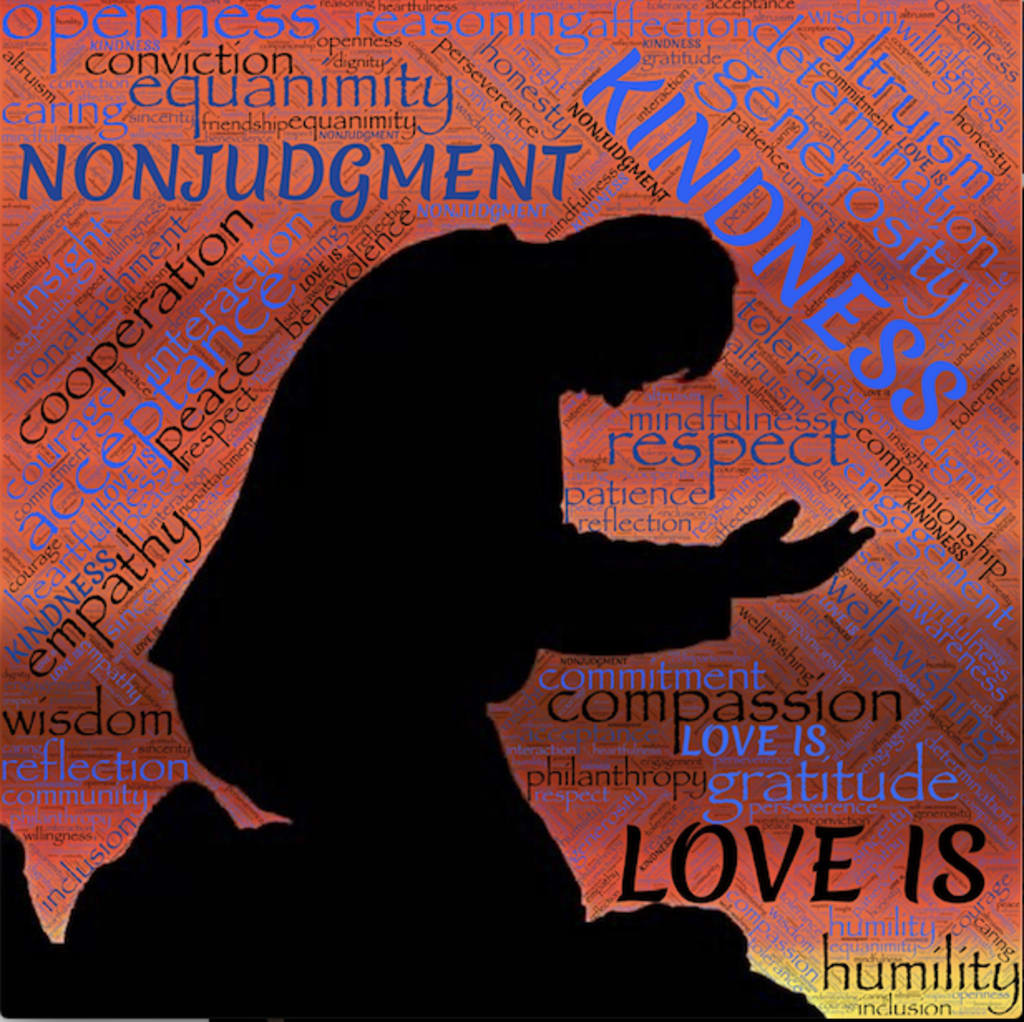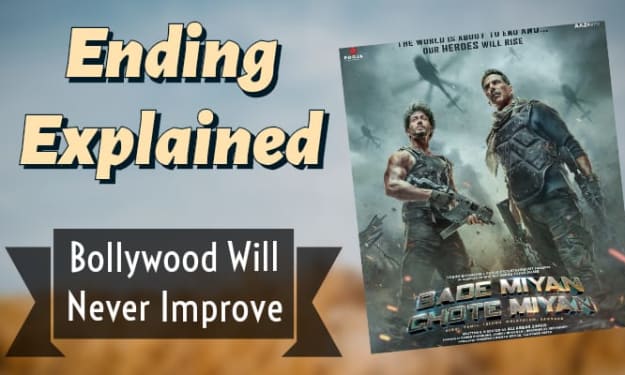Altruism in Literature
Hunger Games and Les Miserables

Altruism, whether psychological or biological is a kind act towards another person in which they expect nothing in return without holding a grudge. Many people are never able to master this, some say. Others say that one can maintain this point of view. Whether this is true or not has never been determined; however, literature can help to recieve a fully rounded picture of what altruism might look like in everyday life. Here is one description of altruism:
“Altruism is described as …behavior motivated by concern for others or by internalized values, goals, and self-rewards rather than by the expectation of concrete or social rewards, or the desire to avoid punishment or sanctions” (Swank, Jacqueline M., Jonathan H. Ohrt, and E. H. M. Robinson).
It is difficult to find examples of altruism in real life. As a result, one must look to works of literature; such as Les Miserables and The Hunger Games.
Altruism is caring so much about another person to the point of being willing to lay down one’s life for the other person without a thought to one’s own well-being or comfort. Scientists and psychologists have done countless studies that highlight the relationship between altruism and personality. They have inquired into whether altruism is a personality trait that one learns, or a biological trait rooted in the DNA. Such as the studies done by” Maslach Burnout Inventory” (Taylor & Francis Online) proving the big five personality traits were related to altruism. Those who believe that altruism is a learned characteristic believe that it is closely linked to empathy. This is how Smith, Keating, and Stotland put it, “(They) posited that altruism is related to empathy … [(empathizing)], one has a propensity to engage in … [(altruism)] and would experience happiness as a result.” (Swank, Jacqueline M., Jonathan H. Ohrt, and E. H. M. Robinson) It would then stand to reason that, empathy is necessary in order for altruistic characteristics to manifest.
From a biological standpoint, some believe that people are born with a type of altruism that strongly influences their lives and actions. However, from an evolutionary point of view the characteristics of altruism seems to contradict the underlying principle that drives human behavior on a biological level: survival of the fittest. So then, the problem acknowledged here is that the characteristics of altruism should never survive. Therefore, one can conclude that altruism must be a psychological trait that is learned. However, this idea also goes against evolution. In order for a being to look out for its own well being, it could never look out for the others. Unless however, they realized that the other being had a better chance of succeeding where the other had failed. (Swank, Jacqueline M., Jonathan H. Ohrt, and E. H. M. Robinson) Equipped with a scientific knowledge of altruism, one can begin to analyze the use of altruism in the iconic works of literature, Les Miserables and the Hunger Games.
A Byronic hero, such as Katniss Everdeen, is typically not altruistic by definition of a Byronic hero. Katniss is the perfect imitation of a Byronic hero. A Byronic hero is a tall, dark, brooding, and misfit hero. They do not really belong in society as a whole and they break or challenge most, if not all, of the rules of society. If it were not for their heroic and dysfunctional acts, they would be considered rude and arrogant. Katniss fits into this perfectly because of her many attributes. She is dark with her long brown locks and dark eyes. She is irresistible to those in the capital and has two men chasing her for the length of the three book series, and as Peeta says, “She has no idea. The effect she can have.” (“Hunger Games” 91) He is stating that she has no idea the power she holds over people with her quite strength. She holds onto grudges and does not trust, forgive, or see people’s potential for good. Katniss had a tragic childhood. As a result, she does not fit into any section of society. However, she has tasted all three sections of her society, district, capital, and tribune. One can see that she is anti social when around people in general. Haymitch says it best, “ Whereas when you open your mouth, you come across more as sullen and hostile.” (“Hunger Games” 115) Katniss is not altruistic not only because she is a Byronic hero but also because of what drives and motivates her.
Katniss is driven by the need for revenge throughout the series making her selfish and not altruistic. At first, her revenge is directed at her mother, for going into a deep depression after their father died in a coal mining accident. However, she looks up to Gale and his mother’s reactions as the same thing happened to their father. Gale’s moms persevered through the depression and found work to support her large family. Later on in the series, Katniss directs her revenge and anger towards President Snow and everyone in the capital. This is for the games that they inflict every year, which kills twenty-three young people between the ages of twelve and eighteen. Her revenge, and desire to punish the capital, and stop the games carry her through the rest of the series and determines her actions. Katniss believes that everyone is out for their own agenda and as a result she feels uncomfortable with any debt owed. We see this multiple times throughout the series where she or others help someone and, not wanting to be in debt, they do something in return. When she tries to explain this to Peeta, he does not understand because he has helped people to be kind expecting nothing in return before. Peeta does not understand this concept because he does nice things to people in the book, such as feeding Katniss bread even though it had negative consequences for him. This shows the vast difference in Katniss and Peeta’s ideals, goals, and what drives them. Katniss thinks of herself first and paying back those who you are indebted too, however Peeta and Jean Valjean do not seem to be this selfish.
While Jean Valjean is altruistic, he is not your typical definition of a hero. He is a misfit hero. A misfit hero is a hero who is not perfect and makes mistakes. Misfits are not the typical knight in shining armor and often are trying to make up for past wrong-doings. This can also elude to the archetype journey the hero is on. Jean Valjean, is on a tragic quest, one in which he must pay penance for past wrong doings.
Jean Valjean feels that in order to make up for his past wrongs he must help the less fortunate. This drives him throughout the book and his experiments in living. Throughout the book, one sees the complete disregard he has for himself and his safety when another is in need as he once was. This coincides with the definition of empathy “the psychological identification with or vicarious experiencing of the feelings, thoughts, or attitudes of another.” (Dictionary) He exposes himself and breaks his perfect cover in order to save a man’s life. He gets involved with an officer who has been hunting him all his life to save Fantine, Cosette, a sailor, and Marius. By the end, he gives the officer, Javert, his life when he has a chance to kill him and be free forever. The whole book rests on his past sins and him risking life and freedom in order to help others. Jean Valjean is a misfit hero on a tragic quest to better the world and save others.
Katniss and Jean Valjean are the perfect altruistic contrast because of their different experiments in living. Katniss is selfish and does what she thinks that she must do so that she is not in debt to anyone. Jean Valjean does anything to save a person’s life or honor. He does this not so that they can be indebted to him and he can use them later, like Katniss, but rather to be kind. Jean Valjean, is altruistic because he is willing to do anything for anyone, even those who have wronged him in the past, without a second thought. Even though he knows that helping all of the people he has may not beneficial to himself, he does it anyway. For example, when he spares Javeart’s life, the man cannot understand why and has an intense mental battle
“A benevolent malefactor, merciful, gentle, helpful, clement, a convict, returning good for evil, giving back pardon for hatred, preferring pity to vengeance, preferring to ruin himself rather than to ruin his enemy, saving him who had smitten him, kneeling on the heights of virtue, more nearly akin to an angel than to a man. Javert was constrained to admit to himself that this monster existed.” (Hugo)
Jean Valjean does not like Marius because he knows that he will eventually take Cosset and he thinks that he is too rash to care for her truly. However, he risks his life for him to help save Cosset from a broken heart. While Katniss does volunteer for her sister Prim in the reaping, one must look at her motive prim is one of the only if not the only people she consistently loves throughout the book. As a Gale says, “ Katniss will pick whoever she thinks she can’t survive without.” (“Mocking Jay” 329) Katniss went for Prim because she felt as if she could not live without her. This is also the same reason why she chose Peeta in the end; she also wanted him saved and not her in the final reaping because she wanted too be rid of the debt she owed him. In addition, this same thinking leads her to go running for him when she heard that there could be two victors from the same district. Peeta helped Katniss appear desirable to the capital by stating, “Well, there is this one girl. I’ve had a crush on ever since I can remember. … she came here with me.“ (”Hunger Games” 138) Therefore, she feels indebted to him. She helps to save his life in order to not be indebted to the people of her district.
Looking at the characteristics and experiments in living of Katniss and Jean Valjean one can see the effects of altruism in life. When one is able too see how something should look in real life, they are better able to define and recognize it. Therefore, one can conclude that equipped with a knowledge of altruism through-out the works of literature, Les Miserables and The Hunger Games, that one would be able to identify it in the world with greater ease.
Resources
Collins, Suzanne. The Hunger Games. New York: Scholastic, 2008. Print.
Collins, Suzanne. Catching Fire. Vol. 2. New York: Scholastic, 2009. Print.
Collins, Suzanne. Mockingjay. Vol. 3. New York: Scholastic, 2010. Print.
"empathy". Collins English Dictionary - Complete & Unabridged 10th Edition. HarperCollins Publishers. Dictionary.com Web. 20 Feb. 2016 http://dictionary.reference.com/browse/empathy>.
Hugo, Victor. Les Miserables Complete in Five Volumes. Trans. Isabel F. Hapgood. Judith Boss and David Widger, 2008. Web. EBook #135.
Swank, Jacqueline M., Jonathan H. Ohrt, and E. H. M. Robinson. "A Qualitative Exploration of Counseling Students' Perception of Altruism." The Journal of Humanistic Counseling 52.1 (2013): 23-38. ProQuest. Web. 20 Feb. 2016.
Terms & themes. (n.p.) (n.d.). Retrieved February 27, 2016, from http://coursesite.uhcl.edu/HSH/Whitec/terms/B/ByronicHero.htm
University of Huston Clear Lake
"The Relationship Between the Big Five Personality Factors and Burnout: A Study Among Volunteer Counselors." Taylor & Francis Online. Web. 29 Feb. 2016.
About the Creator
Katy Christensen
Just another human trying to make a difference in the world...






Comments
There are no comments for this story
Be the first to respond and start the conversation.